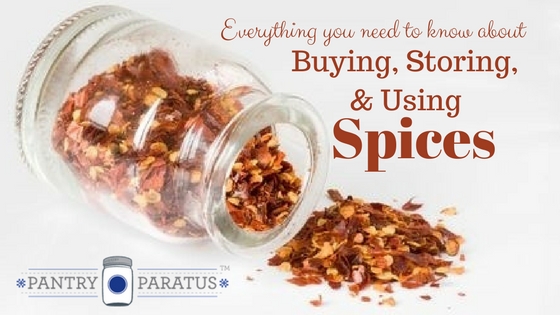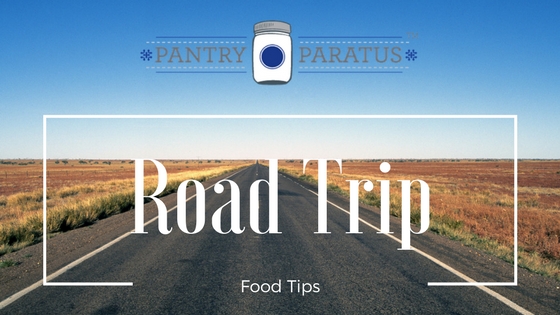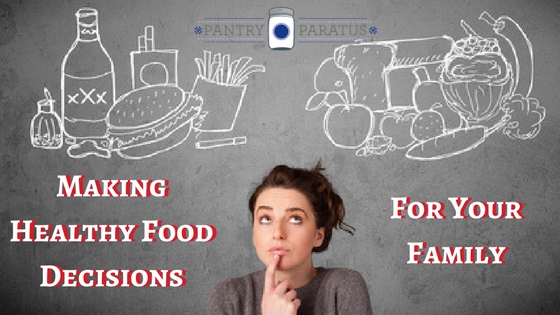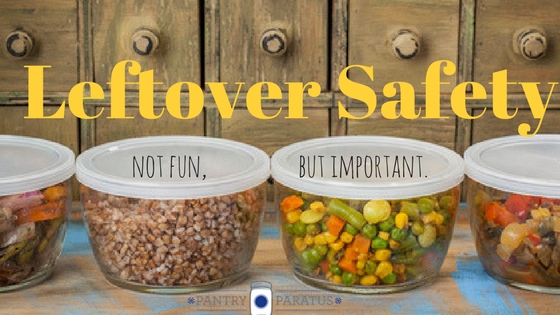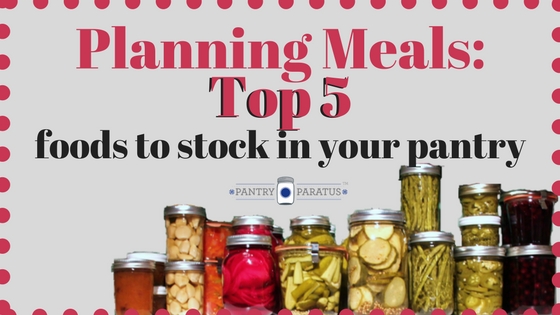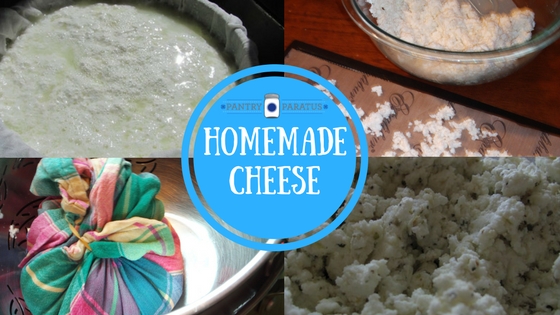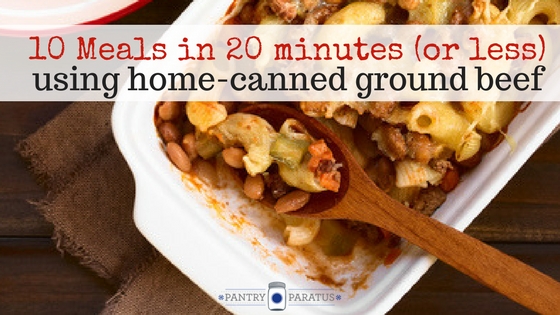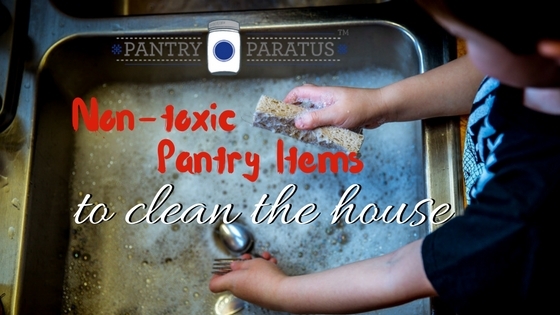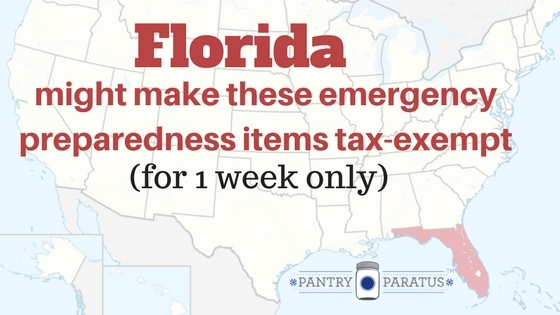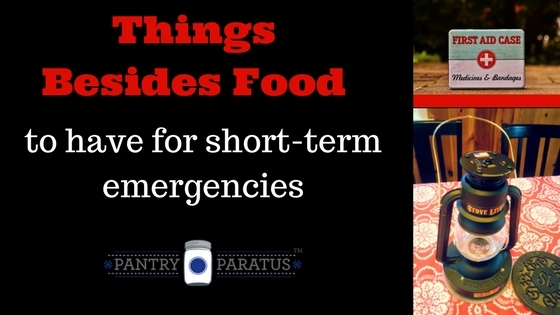
I do not enjoy politics. Not for the sake of politics. Actually, not all all.
It is, nonetheless, diligence that preserves freedom, and freedom is something that I do enjoy.
The good news is that your diligence can take the form of a 4 minute email to your representative or senator (google your state name and “house of representatives” and then type in your address to find yours).
Diligence can take the form of an hour in a committee hearing, a letter to the newspaper, a phone call, or even a donation. If everyone who read this blog took 5-10 minutes of diligence, what would the impact be on our nation, and on the preservation of our freedoms?
This has been a rough political year for absolutely everyone, I get that. We cannot get so weary that we lose our understanding of the sacrifices of others before us, to impart to us the ability to influence our government.
I spent over 15 hours compiling the list below. Please take 5 minutes and scroll to your state. Then visit your state’s governmental website, or look for a facebook group that could guide you on how to get involved in your state’s process–and jump in!
If the votes have taken place in the house, find out how your elected officials voted and let them know your thoughts; find out where the bill might be in passing the senate, and get involved.
I, for one, do not enjoy politics. But I do enjoy food freedom.
*Please see a note at the very bottom that gives the limitations of this list.
The State of Food Freedom
(States in Alphabetical Order)
Alabama: SB13—allowing nonresident students to have hunting and fishing licenses at resident rates.
Alaska: HB46 is directly related to your food freedom, as it affects all agricultural sales including raw milk. HB28 deals with the disclosure of ingredients in cosmetics. HB19 is an act limiting the application of neonicotinoid pesticides. HB26 is an act regarding the legality of breaks for nursing mothers in the workplace. HB32 is about labeling GMO foods. HB29 prohibits the sale of genetically modified fish.
Arizona: Affecting farmers, there is HB2052 about crop insurance. HB2325 will change the way property taxes are calculated for greenhouses. SB1510 is about food labeling laws. SB1433 proposes a tax on sweetened beverages. HB2366 is about property taxes for farmland laid fallow. HB2330 would provide a tax credit for each household that implements a water augmentation system.
Arkansas: SB286 allows property owners to maintain the right to remove or trim trees, bushes, or shrubs. HB1515 provides local control over fluoride levels in water. HB1256 To Provide That Sales By A Cottage Food Production Operation At An Online Farmers’ Market Are Exempt From The Definition Of “food Service Establishment”.
California, AB1219 is extends a current law that permits companies to donate unused food to nonprofits without liability. This law would allow individuals to also donate without liability, unless there is a willful act of harm. SB504 would label synthetic dyes in food at food establishments and bulk food bins. SB557 would create an exception so that school cafeterias with leftover open food (bulk food from serving line) could be donated to food banks. AB1486 completely surrounds the milk industry, with heavy requirements for pasteurization, packaging, and labeling. AB1485 requires state property to be used for local farmer’s markets. AB 768 would eliminate an appeal to a law that permitted authorities to ticket (instead of prosecute) those who did not receive the proper permits in marketing farm products.
Colorado, Check out what laws pertain to you; there are many surrounding the agriculture of hemp and the consumption of marijuana. If you find one pertaining to food freedom that I missed, please leave it in the comments.
Connecticut, HJ00045 is supposed to encourage larger donations to food banks (read the resolution to learn how). HB05601 is to encourage the use of locally grown foods in school programs. HB06034 is designed to protect children with life-threatening food allergies. HB05295 is to improve food allergy awareness in restaurants. HB05886 Would provide a tax credit to farmers who donate to charitable organizations. SB00761 Increases the voucher amounts that senior citizens can spend at farmer’s markets.
Delaware: Although I did not find food freedom laws up for vote in this year’s legislature, I might have missed something. Leave a comment and let me know!
Florida, SB664 is providing tax exemption for emergency preparedness items. FL S0650 would require retail centers and some other locations to maintain breastfeeding areas. If you find other bills related to food freedom, please leave a note in the comments below.
Georgia, Senate Bill 69 lightens the burden placed upon organic food producers from previous law.
Hawaii, HB No. 1174 is only 1 of 3 states without cottage industry laws to protect small scale food producers, and this bill would change the definitions of “food establishment” and permit homemade food production for market. HB 1475 permits farmer’s markets on public lands. HB 360 would lower taxes on food for certain populations. SB 551 requires GMO labeling. SB 1193 gives a tax break to farmers for selling directly to consumers. HB 777 allows graywater systems to be used for agricultural purpose (which will, in turn, help reduce water waste and food costs). HB 1522 would give a tax credit to farmers who diversify their crops (leading to healthier soil, crops, and wildlife). HB257 would allow the sale of unpasteurized milk under certain conditions. SB 1167 permits herdshares. SB 162 deals with the labeling of raw milk products. SB644 allows the sale of raw milk through a subscription program within certain guidelines.
Idaho, HJM 001 would require foreign entities wishing to engage in agriculture must abide by the same standards as citizens, and that any inspections would be paid for by the foreign entities and not taxpayers.
Illinois, HB 2466 and SB 1622 prohibits the sale of any milk if not pasteurized. HB2592 will create a permit system by Dept of Public Health to oversee farmer’s markets. HB 2820 and SB 1469 address the concerns of farmers market vendor about overregulation, the financial requirements of cottage industries, and more. HB 3301 would give a tax credit for crop or food donations to food banks.
Indiana, There were some agricultural bills. If you see any food freedom bills that we missed, please list it in the comments for us!
Iowa, There were some agricultural bills. If you see any food freedom bills that we missed, please list it in the comments for us!
Kansas, SCR 1604 is a constitutional amendment to lower sales tax and use tax on food.
Kentucky, HB 214 would increase the tax credit of food donations to non-profit organizations. SB 90 permits a mother to breastfeed anywhere she is otherwise authorized to be and cannot be charged with indecency for doing so.
Louisiana, HB 188 passed, which adds alligator to the “catch and cook” program. SB 29 pertains to the sale, labeling, and other matters concerning raw milk.
Maine, HB 175 deals with rabbit meat production.
Maryland, HB 472 would provide a tax credit to farmers for crop donations to food banks. SB 210 lightens the restrictions of holders of a farm brewery license to sell other types of foods if they also possess a food handlers license. Maryland had pages of bills relating to alcohol; research these is of interest to you.
Massachusetts, No relevant bills at this time in regards to food freedom. Please leave a note in the comments if there is legislation relating to food freedom that we missed.
Michigan, SB 0122 would allow dogs to be present at outdoor seating areas at restaurants. SB 108 is about urban and suburban agriculture and pertains to farming and animal husbandry.
Minnesota, Most of what was found was budgetary in nature. Beyond appropriations, there were some medication and redefinitions for existing laws. If you find anything relating to food freedom for your own state, please leave a comment.
Mississippi, HB 971 “Truth in Labeling” Act. FAILED—HB 16 amends a different law to state clearly that any owner of a dairy animal may use the milk of that animal for his or her own purposes. FAILED—HB 17 is called the “Mississippi On-Farm Sales and Food Freedom Act” and prohibits any local government from removing the rights of producers to sell directly to consumers.
Missouri, HB 488 allows food donations for tax credit. HB 521 GMO must be labeled. HB 410 would allow cottage industries to sell over the internet.
Montana, HB 352 is titled, “Montana Local Food Choice Act” and would exempt certain food producers from many of the licensing, packaging, labeling, and inspection laws to promote local food economy. HB 325 would create exemption for raw milk producers from the current law.
Nebraska, LB 124 would change the Nebraska Pure Food Act and the Nebraska Graded Egg Act.
Nevada, Although I didn’t find anything related to food freedom, you might know something I don’t. Please let us know in the comments.
New Hampshire, SB221 is at the request of the Department of Health and Human Services and grants says that facility inspection are “at the discretion of the Department of Health and Human Services.”
New Jersey, AB 4351 would legalize cottage industries. S238 requires GMO labeling. A2100 permits dogs at some outdoor eating establishments. A3618 establishes requirements for cottage industries. S1768 establishes requirements for selling home baked goods. A1974 permits the sale of home baked goods in some circumstances. A2476 regulates the labeling and sale of olive oil to conform to international standards. S1414 permits raw milk sales under certain circumstances.
New Mexico, HB 305 is about the compliance to agricultural inspection laws.
New York, S02072 deals with labeling GMO. S02832 requires certain food establishments to disclose ingredient lists. A00537 would require posters about food allergens in eating establishments. A05603 would require labeling foods grown with certain types of fertilizers. A02209 requires the labeling of cloned animals. A03175 would outlaw artificial trans fats from certain food establishments. SB1026 creates an exemption to certain food safety laws with pickling. A00823 relates to the small scale producer processing fees and redefines terms. A00849 would require poultry given antibiotics with arsenic to be labeled. AO1785 imposes a 5 year moratorium on growing GMO crops. A02552 relates to cowshare laws and contains some changes.
North Carolina, SB11 regulates the application of pesticides in restaurants. SB 24 would allow restaurants to begin using outdoor grills (bring on that NC BBQ!).
North Dakota, HB1433 deals directly with how food producers must fill federal law on dairy, and makes changes to poultry; it appears to close the door to discussion about raw milk. ND 411 requires allergy training for restaurants. HB 1127 reaffirms the requirement that milk be pasteurized. ND 2027 gives nearly complete control over an individual (Commissioner) to quarantine, seize, and even criminally charge farmers if their farms or products are found to have pests that the commissioner deems to be a concern.
Ohio, Though I did not see any relevant agricultural, milk-related, or food-related bills, I did find HB 12, which would designate a barn as a historical structure, and that is just fun. If you find more pertinent bills in your state, please let me know in the comments.
Oklahoma, HB1606 would eliminate certain herbicide applications. SB 595 is called the Farmers Market Liability Limitations Act and would protect Farmers Markets from litigation if accident or injury was not malicious in nature.
Oregon, Other than declaring marionberry pie as the official state pie, I found no legislation regarding food at this time. Please leave a note in the comments if I missed something!
Pennsylvania, Although much is up for discussion in Pennsylvania, I did not find food freedom bills at this time. Please leave a comment of ones that I may have missed.
Rhode Island, SB 60 provides immunity to those who donate wild game to food pantries or to individuals. H 5275 requires businesses over a specific income to post signs if they serve GMO foods. SB 247 further clarifies the Raw Milk laws.
South Carolina, HB 3601 makes provisions for the allowance of bear hunting. There are many other hunting bills right now too, so be sure to research them all. If you find any other bills regarding food freedom, please leave a comment for us.
South Dakota, HB 1201 limits certain foods from licensure, certification, and inspection. SB 135 changes meat labeling.
Tennessee, HB 851 & SB 1028 “Local Food Procurement Act” and makes other additions to present law to facilitate economic activity based on the market in local farm and food products. SB 876 eliminates sales tax on food for consumption.
Texas, HB 1926 requires proper permit and regulation for home food processors to sell. HB 2023 regards the labeling of GMO. HB 57 amends the laws regarding raw milk sales, and SB 95 took that further by adding a civil penalty.
Utah, HB 58 requires cottage food industry to label food.
Vermont, SB 9 substantially raises the number of poultry a facility can produce without inspection. HB 328 would ban the herbicide glyphosate.
Virginia, HB 2349 requires the labeling of GMO foods . SB 1361 would allow restaurants to get a tax credit for donating prepared food to food banks and shelters. HB 2030 would make sales from farm, farmer’s market or home exempt from regulations under certain conditions. HB 2368 exempts any milk producer with 3 or fewer lactating animals from regulation under certain conditions.
Washington, HB 1653 would require the labeling of any food that had at any time been contaminate with biosolids, a fancy word for sewage sludge. HB1076 permits the donation of home prepared foods to charitable organizations. HB 1744 requires that food packaged in packaging with certain harmful chemicals be labeled.
West Virginia, SB283 sets the Department of Agriculture over all food production. SB 27 Permitting sale of home-based, micro-processed foods at farmers markets. SB 25 gives farmers tax credit for food bank donations. SB 2458 provides certain food products exempt from other regulations, including foods sold at a private home or farm, and this includes milk. HB 2014 allows schools and parents to serve sweets on holidays with parental consent.
Wisconsin, None found at this time, but if you know of a relevant food freedom bill in your state, please leave a comment.
Wyoming, HB 129 extends the food freedom act to include home processed foods, including some meats. SF 118 also extends the food freedom act to permit retail space for home processed foods. See for more details. HB 198 requires beef to be labeled if a product of the United States.
Washington D.C., Council Bill 220072 would allow for tax credit for food donations.
Notes about the above list of food legislation:
This list did NOT cover cannabis, hemp, tobacco, or alcohol legislation, of which there was plenty! It did not cover appropriates and budgetary items. It did not cover the policies or laws affecting government agencies only (such as what can be served in government cafeterias, etc). It did not cover educational programs or school lunches. It did not cover welfare. It did not cover task forces, studies, commissions, or other committees addressing specific concerns. Although it mentions a few agricultural items as related directly to farm freedom or food cost, it did not sufficiently cover agricultural issues—if you are concerned about agricultural issues, you will need to search your own state more thoroughly.
Would you do this?
If you took this information, and was inspired to search out some answers or get involved, will you tell me about it below? It would mean a lot to me! Let’s do our diligence!
